
Travel Hacking in Canada was terrifying to me when I first heard about it. We have notoriously expensive travel costs and I didn't think that it would be easy to do. I was wrong. What travel hacking in Canada really means is rewards manipulation. You find and exploit loopholes in credit card rewards programs and airline promotional offers to rack up your points and then redeem them for nearly free flights and hotel rooms. Canada: let’s do this!
How travel hacking in Canada can save you a lot of money
It saved my holiday budget. When I checked out the Air Canada website and went through the motions of booking a flight from Winnipeg to Mexico. I clicked on their Aeroplan button and found the Redeem button. From there, I selected a departure and return date and chose how many people would be travelling. The website immediately pulled up a bunch of different flights but instead of seeing exorbitant prices for round-trip tickets, I saw the costs in Aeroplan miles, and it blew my socks off.
A round-trip economy flight for 2 adults, a toddler, and an infant with two free checked bags, preferred seats, and priority boarding was only around 50,000 points each! But the site had a credit card promotion that gave me a ton of points or cash back rewards. Just for signing up for a credit card, a quarter of the plane ticket cost is covered. A similar round-trip ticket with slightly worse perks, only one free checked bag instead of two, would cost around $1800. I am hooked.
Travel hacking in Canada: how to get started
Now, here’s some basic steps for the average Canadian. That is if they want to step into travel hacking for themselves and make their next vacation cheaper than they ever thought possible. I genuinely believe this hobby can be fun and rewarding, no pun intended.
Research Your Next Vacation
The key is to do this as early as possible.Where do you want to go? Even if its somewhere within Canada, you can travel hack it. Don’t start researching a cadre of credit cards, hotels, or airlines to find which one has the sweetest deals. If you’re like me, that will be the fastest way to abandon this travel hacking game altogether. For now, as we start this hobby together, start by thinking about where you actually want to go next. Start broad and narrow down your plans:
- Which country do you want to visit?
- Which area of that country?
- Which cities are in that area?
- Which airlines travel to that city?
- Which hotels are in that city?
Answer those five simple questions first, and you’ll be well on your way to making your next vacation a lot cheaper because airlines partner up with hotels and staying in these hotels is a great way to increase your rewards, either by taking advantage of a discount, sale, or promotion, or just using your rewards credit card to earn more rewards.
Research credit cards
Credit card rewards are the most important aspect of travel hacking. Airlines will usually have a partner that lets you accumulate points or miles when using their credit card. Then you can turn those rewards into flights, car rentals, hotel stays, etc. Check your preferred airline’s website for any promotional offers they might be running for credit cards. You can also use Harbacon's credit card comparison tool.
Cards are eager to sign you up and are throwing rewards your way, especially now. The HSBC World Elite Mastercard is offering 100,000 travel reward points. I know, it’s a bold move but it pays off for you and for the credit card, so do not feel guilty. A lot of the promotional offers you see on credit cards usually have a spend requirement attached. But if I am going to spend money on food, gas, and life in general, I don’t mind if it will get me a free airline ticket or hotel stay. The American Express Business Platinum card, a high-ranking credit card option among Travel Hackers, offers a sign-up bonus of 50,000 membership rewards but only if you spend $7,000 within the first three months after you’ve been approved. In this regard, HSBC had the better offer.
Spending thousands of dollars just to qualify for points is what you might have to do. Inflation and prices are rising, and you might want to be careful with your spending. If you need help setting up a budget so that you can focus your money on necessities that you can charge to your card, apps like Hardbacon can help.
Don’t be afraid. There are lots of credit cards on the market with various promotional offers for points and more realistic spend requirements. So, you will absolutely be able to find something that fits your budget and travel needs.
Apply for the right credit card
We’ve talked about planning where you want to go, deciding which airline you want to use, and choosing a credit card to earn the points you need to make your flight and hotel cheaper. It’s time to wade in a little deeper and actually apply for a credit card. You may want a travel credit card or a points card. Pro travel hackers might apply for four or five cards every year, but don’t feel pressured. Start with one that you know you can handle. The absolute worst thing you can do when travel hacking is to carry a balance on your credit card.
Once you’re paying off your credit card every month regularly, it’s time to take this travel hacking game up a notch. That’s right, I’m talking about spreadsheets–boring but useful, like getting a pair of socks for Christmas.Track everything you can about this new credit card you just applied for.
Use your rewards credit card a lot
One last thing about using your new rewards credit card: use it all the time. Charge every nickel you can to the credit card. For travel hacking to be most efficient, you need to rack up as many rewards as you can as fast as you can. So, put away the debit card, shove the cash under your mattress, just kidding, don’t do that, and swipe that plastic everywhere you go.
Log the date you applied, the date you were approved, the date you received the card in the mail, your passwords, the details on how you earn points with the card, your total points, etc. Doing this will help you feel much more at ease about this travel hacking process because you won’t have to worry about forgetting any valuable information or missing an important date.
Use your travel rewards
You’ve been spending money on your credit card, you’ve earned the promotional offer, and now you’ve banked enough points to pay for your vacation. Good for you! Now you have to use them correctly.
When you book your flight, you will see that points don’t cover every cost associated with travel. There are fuel taxes, airline fees, baggage fees, and surcharges that you will have to pay. On the plus side, however, depending on how many points you have, those fees might be the only things you have to pay out-of-pocket for! If I have to pay $200 for some random taxes, but I saved $2000 because I paid my family’s tickets with points, I’m calling that a win.
Another important point to remember is to try and stay loyal to one airline and a hotel chain that partners with that airline. These companies reward loyalty. Pair that with the rewards you’re earning with your promotional or sign-up offer and the money you spend on your card, and you’ll accumulate more rewards than you can count.
Did the travel hacking bug bite? Then keep earning those rewards. Be daring and consider applying for another credit card to nab that big sign-up bonus then cancel the card once you have the points. Or, keep using the first card you applied for if it suits you and the annual fee is balanced by the rewards you earn. Just remember to take excellent notes and pay your credit card bills on time.
Travel hacking in Canada can be really easy. I sometimes think of it like a job, and the points are my salary. It takes a little reading, commitment, and financial discipline but you can do this! A few hours a month, sure, but that's definitely worth some cheaper flights and hotel rooms on your next vacation, whether in Canada or outside of it.




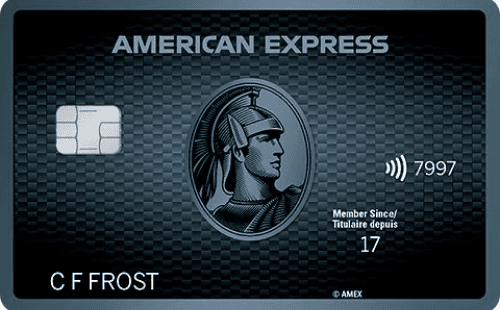
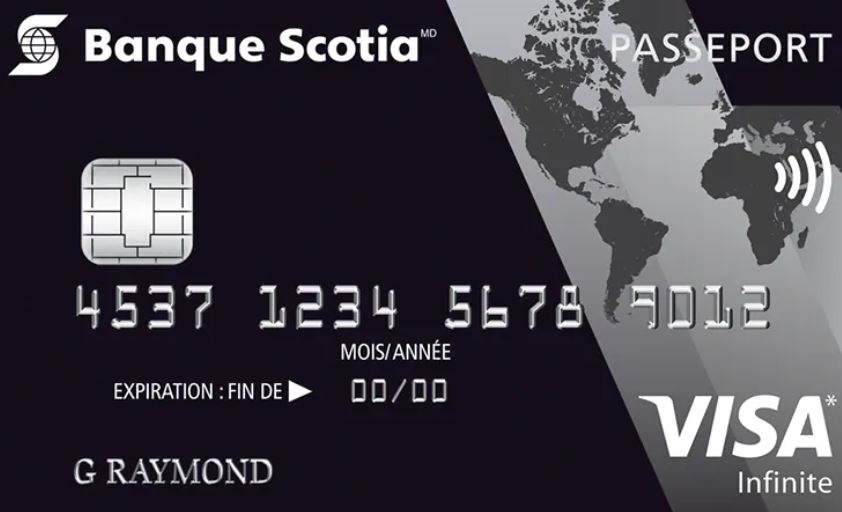
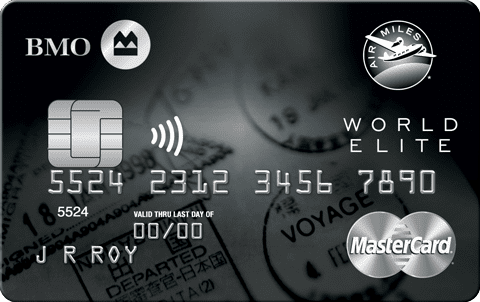
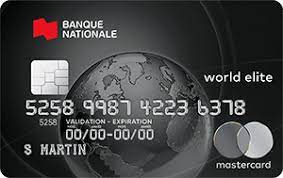
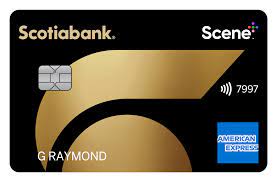



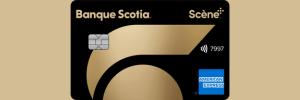



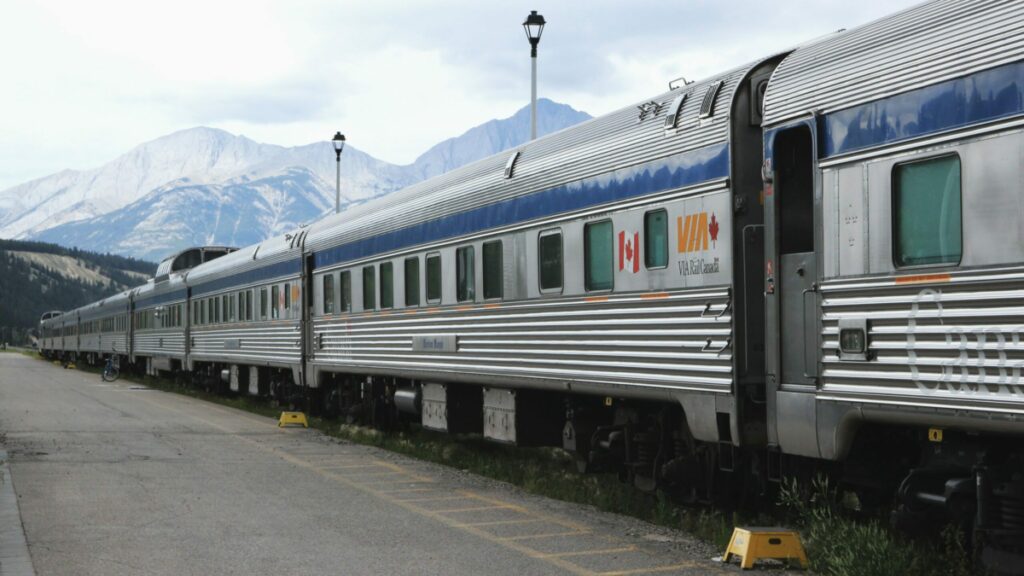



About The Author: Thomas Guenther
Thomas Guenther earned his Master's of Journalism from the University of British Columbia in 2016. He has written professionally for years and taught communications at Red River College. He has written on a wide range of topics including finance, politics, religions, and ethics to name a few.
More posts by Thomas Guenther